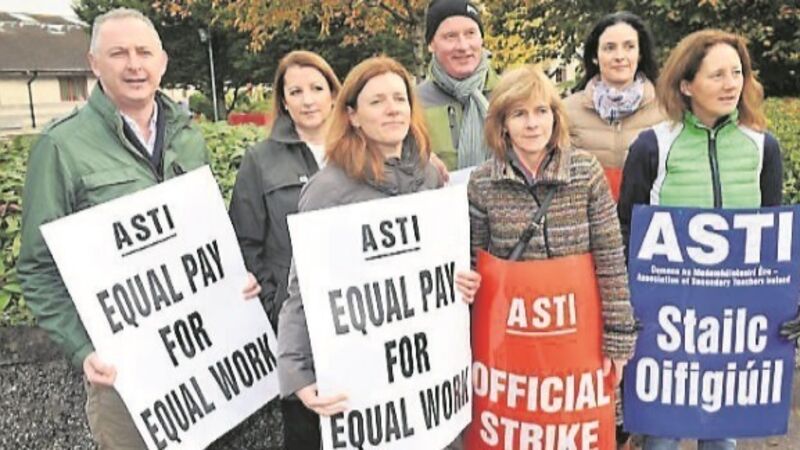ASTI meets to consider conciliation talks progress

A document setting out the outcome of discussions so far at the Teachers’ Conciliation Council (TCC) was circulated yesterday to unions and the two departments represented since the process began in early November.
The conciliation talks were agreed following the closure of over 500 secondary schools. ASTI staff staged two one-day strikes either side of the Halloween mid-term break, part of the union’s campaign for equal pay for those who started teaching since 2011.













